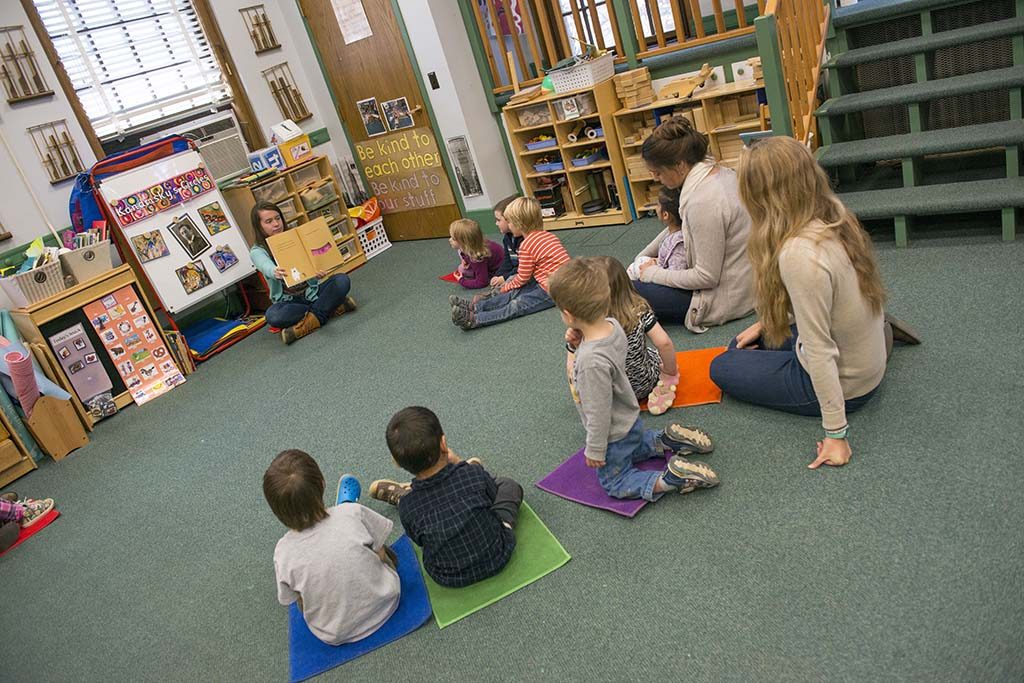Child Development & Family Relations
Our Child Development and Family Relations major helps students understand how human beings develop physically, emotionally and intellectually throughout their lives, as well as how families and relationships of all forms take shape. Our curriculum provides a solid foundation in issues and policies affecting, and best-practices for serving, infants and young children, at-risk youth, families, individuals with disabilities, the elderly and more.

Program Overview
Students in our Child Development and Family Relations major can choose between two concentrations: Individual and Family Studies or Early Childhood Education. The Individual and Family Studies concentration allows students to explore various issues related to building stronger, healthier communities and human relationships. The program covers a broad range of perspectives and policies, connecting research to practice, so that graduates are prepared for careers providing opportunities and experiences that support individuals and families in context. The Early Childhood Education concentration allows students to become certified as K-3 teachers in Maine. The heart of this program is the professional and research experience students gain at the Katherine Miles Durst Child Development Learning Center, a state-licensed and nationally-accredited nursery school and prekindergarten program open to children ages 33 months to 5 years throughout the community. Prior to graduation, students in both concentrations complete an internship or capstone field experience that aligns with their personal and career goals. Examples include student teaching, or working with any organization that serves children, families or individuals.
The College of Education and Human Development’s teacher preparation programs are nationally accredited by CAEP, the Council for the Accreditation of Educator Preparation.

Student Support
We provide our students with academic guidance and personal support from before they set foot on campus through graduation and beyond. Our professional advising team and student support staff build genuine relationships and provide timely information to help you navigate your program, college life, internships, work and whatever else is on your plate.
Our Commitments: Care. Quality. Career.
At the University of Maine College of Education and Human Development, our students, faculty, staff and alumni work to bring a vibrant tomorrow to the communities we serve and to the world. This work is rooted in the college’s commitments to care, quality and career readiness.
We are an inclusive community that thrives on curiosity, exploration, ingenuity and collaboration. Click below to learn more about our commitments, and apply to join our community of care today.
